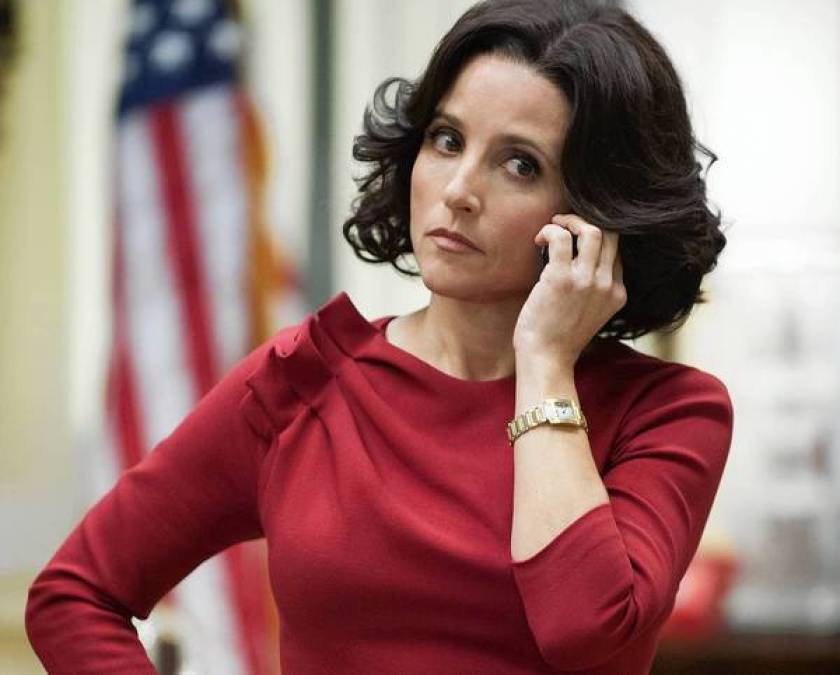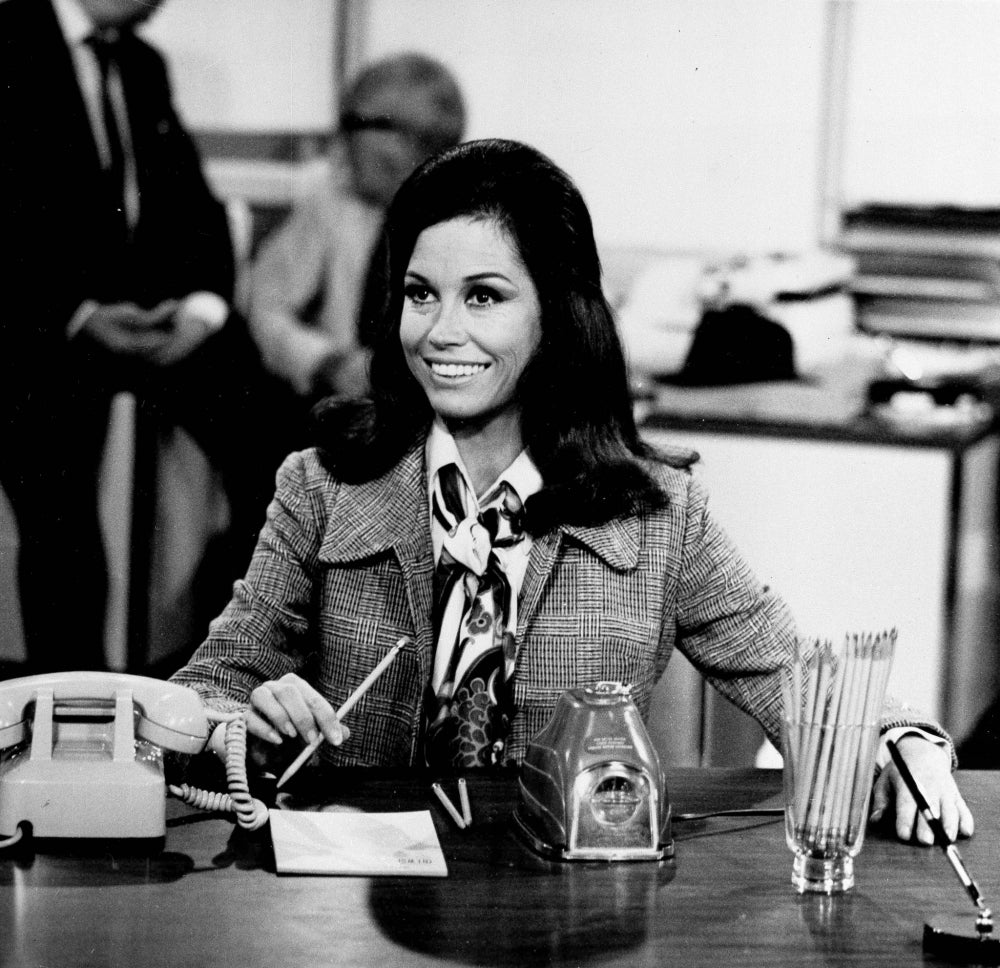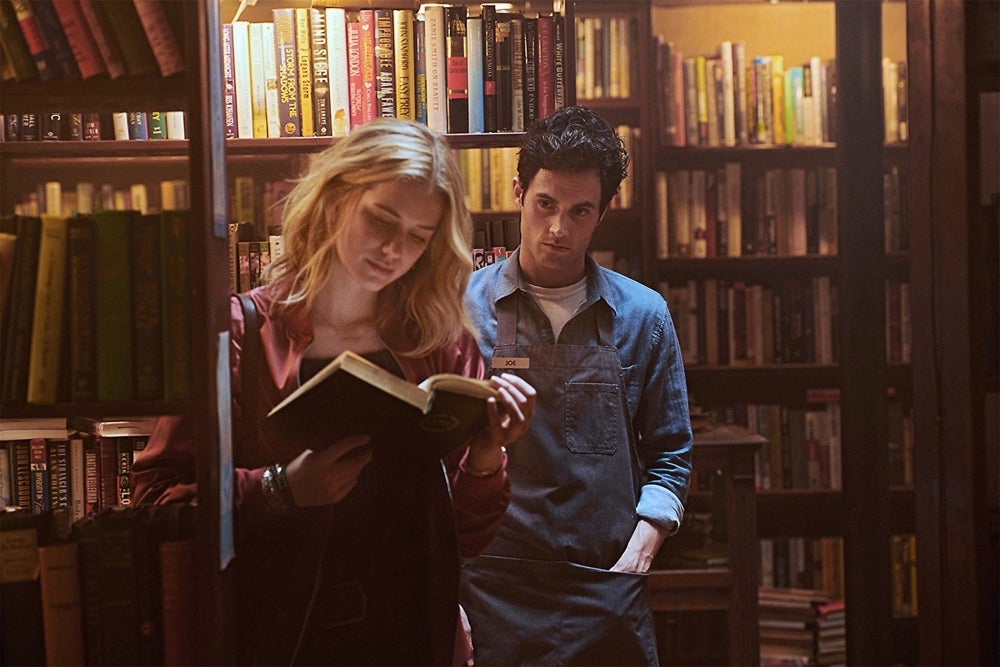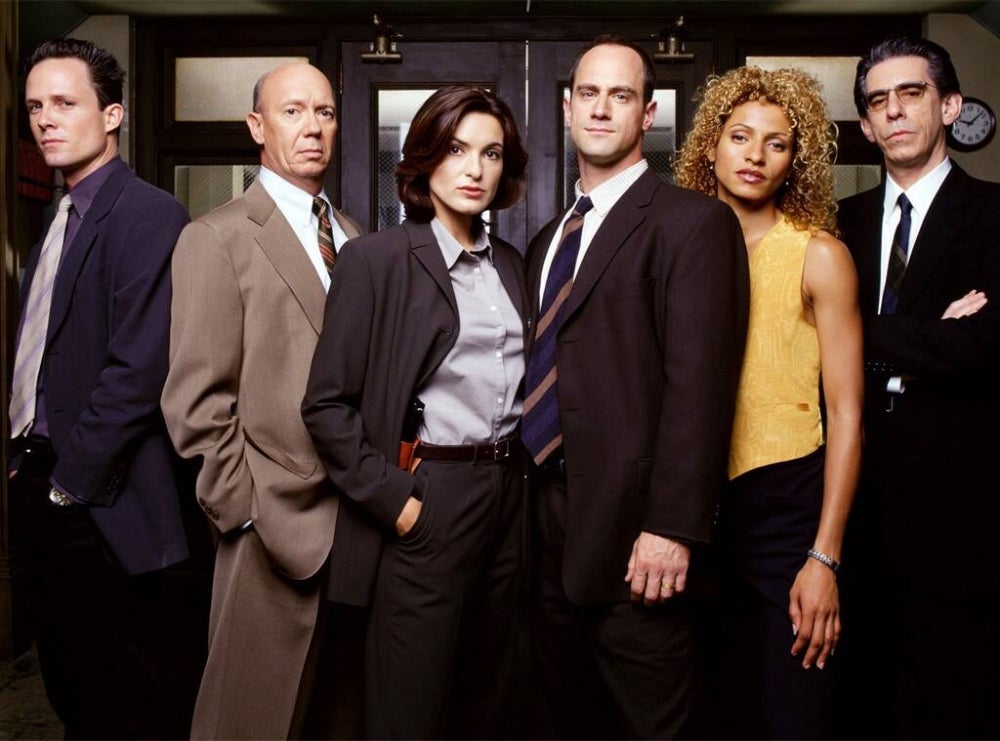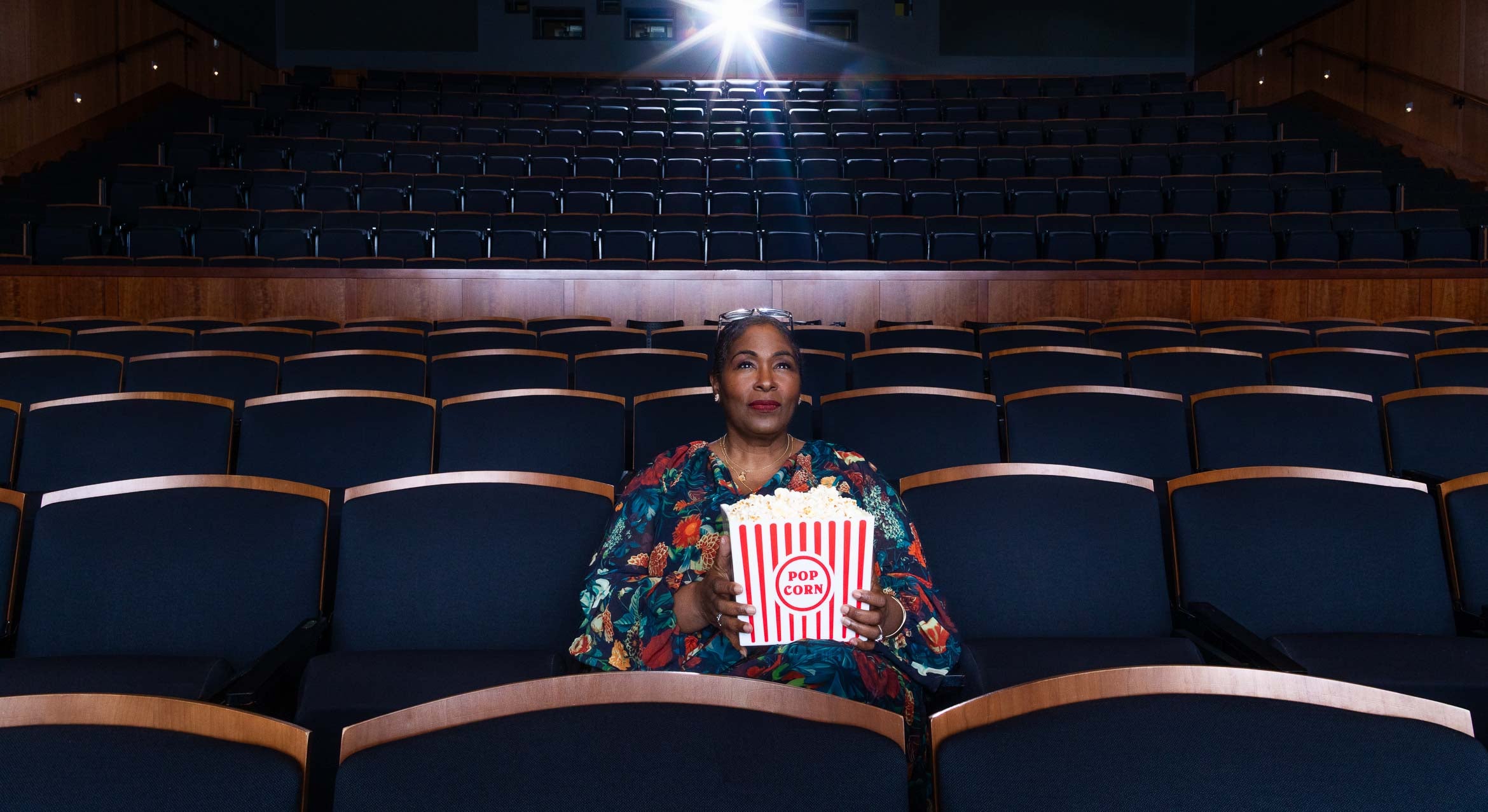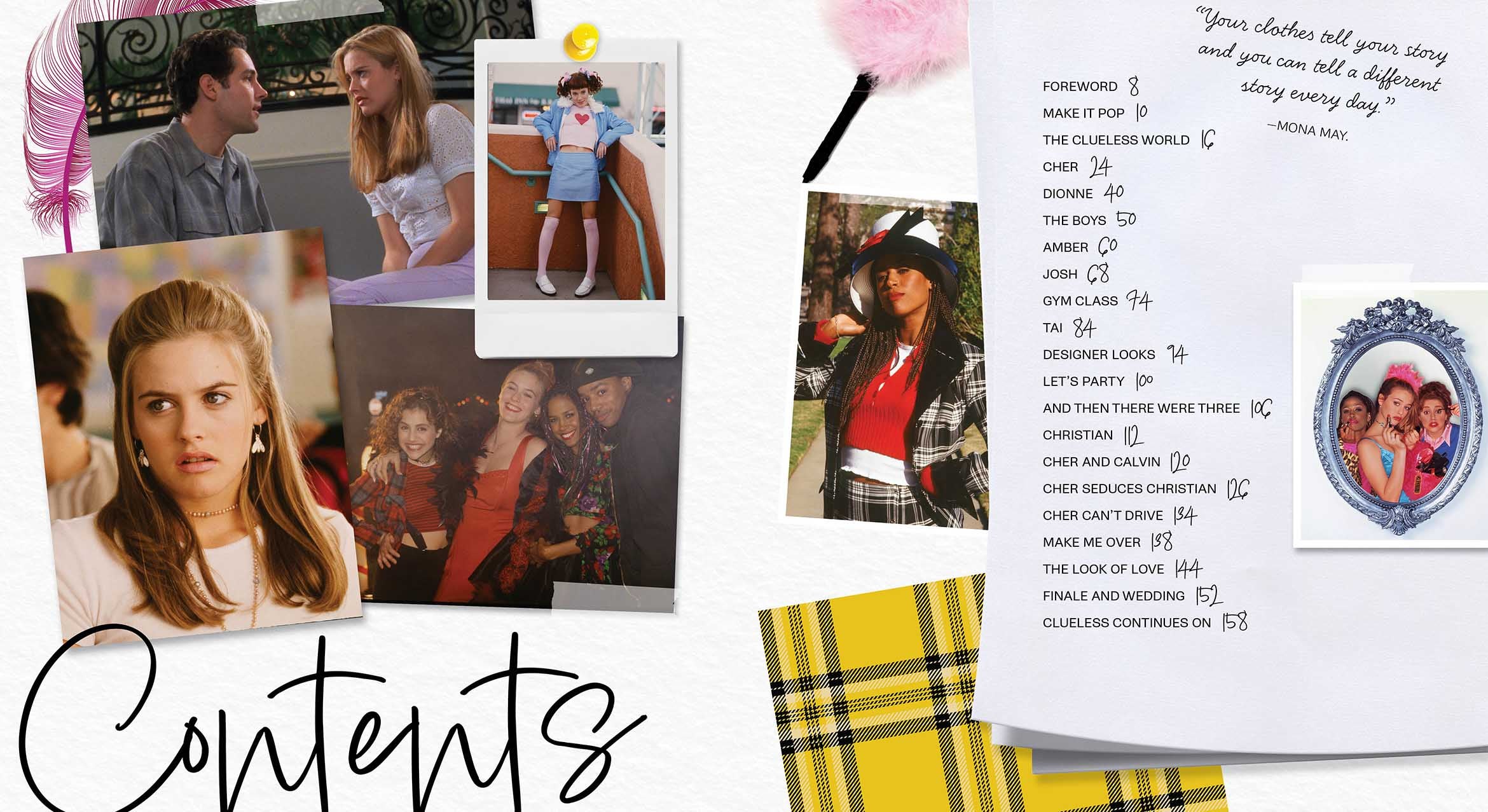Then and Now
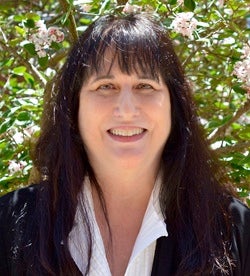
Television is, among other things, a mirror. Popular programs reflect the societies that embraced them, providing insights into their viewers’ fears, aspirations and — most of all — their unexamined assumptions.
This winter’s “TV at the Pollock” series, produced by UC Santa Barbara’s Carsey-Wolf Center, will focus on shows that reveal interesting truths about the times in which they were aired — from the 1950s to today. All programs are free, but reservations are recommended; more information is at https://www.carseywolf.ucsb.edu/cwc-presents/.
“One interesting way to look at television is as a representation of changing values,” said Aleah Kiley, a Ph.D. candidate in media studies. That approach is best exemplified by two of the series’ six programs.
The Feb. 13 event will feature sitcom episodes from the 1950s, 1970s, and 2010s, all of which deal with women in the workplace. The Feb. 20 program will bring together key creative minds behind two landmark shows about Washington politics: “The West Wing” and “Veep.”
Kicking off a conference on “Television, Politics, Publics” slated for Feb. 20-22, Patrice Petro, Dick Wolf Director of the Carsey-Wolf Center, will sit down with “Veep” showrunner David Mandel and Eli Attie, who wrote many episodes of still-popular Aaron Sorkin series “The West Wing.”
“‘The West Wing’ has been described as liberal fantasy about good people doing their best,” Petro noted. “‘Veep’ became its successor with its dark, cynical view of Washington. As explorations of presidential politics, both series have resonance with contemporary events. They seem in opposition, but I’m hoping we can complicate that a little bit when we talk.”
The sitcoms-through-the-years evening will feature a discussion between Kiley and University of Wisconsin-Milwaukee scholar Elana Levine. That program will begin with a screening of a 1956 episode of the classic “Father Knows Best” entitled “Betty, Girl Engineer.”
“Betty is in high school,” Kiley explained. She is very excited when an aptitude test reveals she would be a great engineer. Everyone around her tells her, ‘That profession is just for men.’ The episode is about her fighting for the right to pursue this career path.
“The overall tone of the episode is cringe-worthy at times; audiences are invited to lovingly mock Betty, along with her friends and family,” Kily continued. “But it asks important questions that are still in our minds today about the changing roles of women in society.”
Audiences will then see the 1970 pilot of the groundbreaking “Mary Tyler Moore Show,” the first sitcom to focus on a single woman in the workforce, followed by a 2013 episode of “Modern Family” in which Claire, played by Julie Bowen, returns to work after years as a stay-at-home mom.
“Throughout the episode, she is out of touch with the work world, and wondering if she’s good enough,” Kiley said. “We see her insecurities — ‘Do I belong here? How do I adjust to the working world?’ It’s a lot less cringeworthy than ‘Betty,’ but there are similar themes. It’s revealing to watch them side by side.”
Television then and now will also be the focus on Feb. 6, when Petro interviews the center’s co-founder, legendary television producer Dick Wolf. He will discuss his evolution as a writer, which will be demonstrated by screening an Emmy-nominated 1985 episode of the gritty police drama “Hill Street Blues,” and the 1999 pilot of the hugely successful series “Law and Order: Special Victims Unit.”
The series also includes programs dedicated to “Deadwood,” featuring an interview with actress Robin Weigert, on Jan. 28; one focused on “The Handmaid’s Tale,” including an interview with writer/executive producer Kira Snyder on Feb. 4; and another on the series “You” and “The Magicians,” featuring writer/producer Sera Gamble.
As Petro explained, the Carsey-Wolf Center is particularly interested in reflecting the television interests of the UC Santa Barbara student population in the “TV at the Pollock” series. As center staff brainstormed about the series, multiple students from the Pollock student internship program mentioned that they were intrigued by the new series “You.” The more staff at the center read about the show, the more excited they became about having Gamble visit campus and meet students to discuss both that program and “The Magicians.”
Wesley Jacks, assistant director of the Carsey-Wolf Center, will interview Gamble after episodes of both shows are screened. He noted that, as co-creator and showrunner of the two series, Gamble is “among a small handful of women currently running multiple television shows.”
He added that both have large fan bases—a sign of how emotionally resonant they are to younger viewers. Jacks pointed to the influence of the Harry Potter and Narnia novels on “The Magicians,” and noted that “You” tells “a twisted and compelling story about obsession in the era of ubiquitous social media. Younger viewers often report that they recognize the dangers of online overexposure presented in the show.”
In other words, it’s a mirror. Perhaps media scholars of the future will use it in the same way we’re currently using “Father Knows Best” — to provide a glimpse of how past generations were grappling with a changing world.
